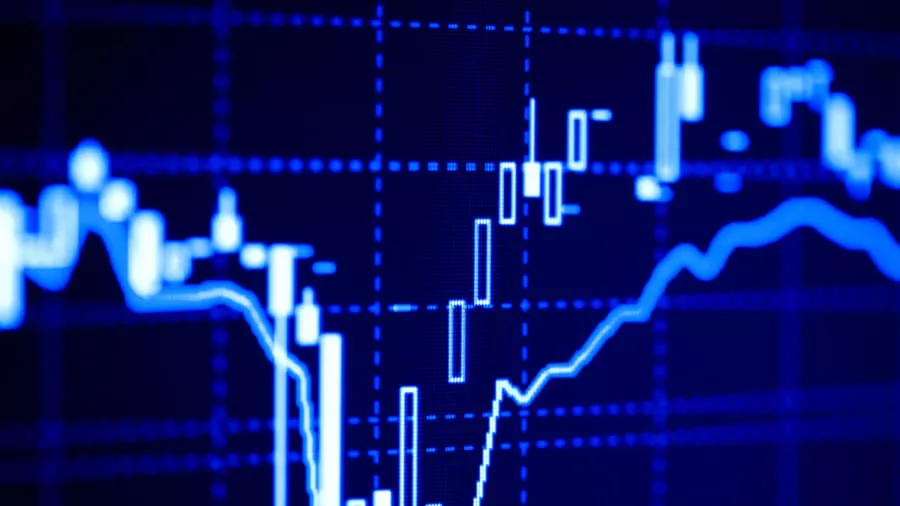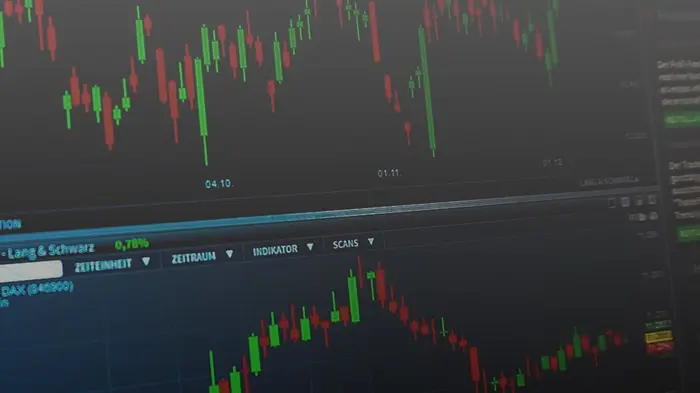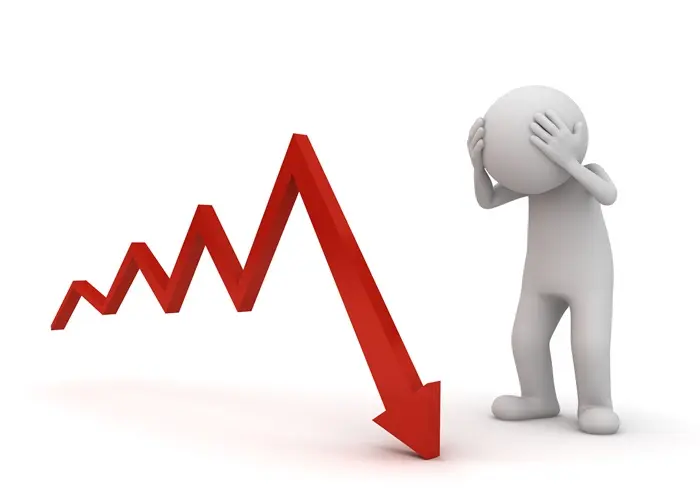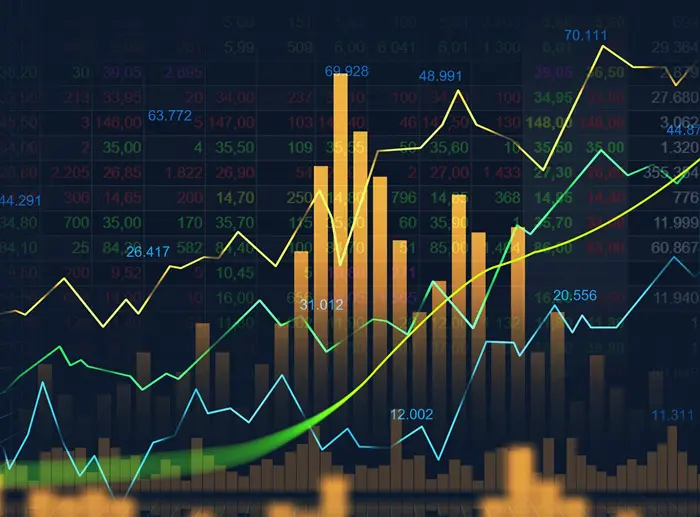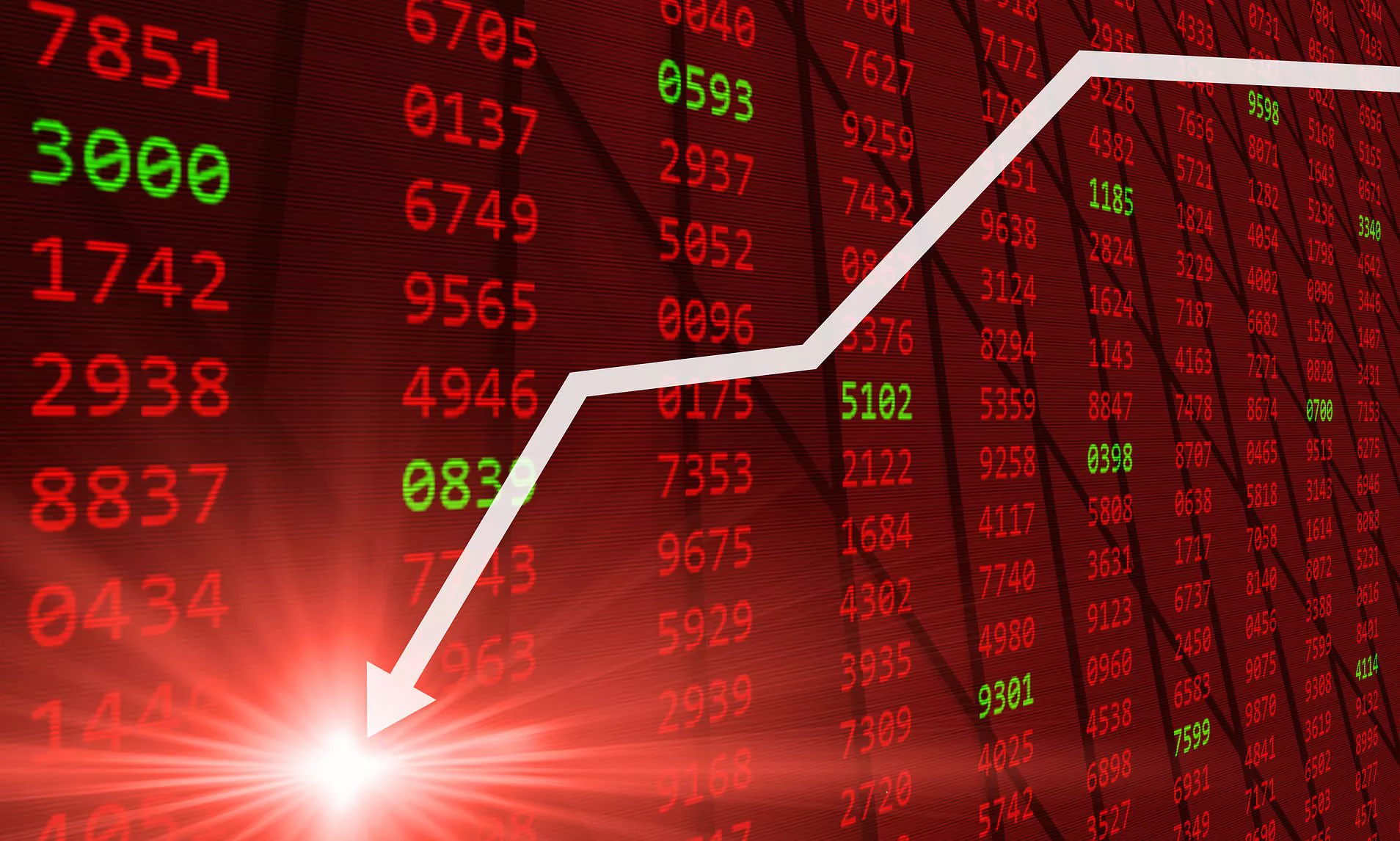Cash App, a popular mobile payment service from Square (now known as Block, Inc.), has gained significant traction in recent years. It allows users to send and receive money, buy Bitcoin, and even invest in stocks. One of the features that appeal to investors is the ability to buy and sell shares of stocks directly within the Cash App platform. For many investors, dividend-paying stocks are an attractive choice because they provide regular income. In this article, we’ll explore which stocks on Cash App pay dividends, why dividends matter, and how to build a dividend portfolio using Cash App.
Introduction
Dividends are a portion of a company’s profits that are distributed to shareholders. Typically, these payments are made in cash, but they can also be paid in the form of additional shares (a stock dividend). Companies that pay dividends usually do so on a regular schedule—quarterly, semi-annually, or annually. The amount of the dividend is determined by the company’s board of directors and can vary depending on profitability, cash flow, and other factors.
For investors, dividends provide a steady stream of income, which can be especially important for those looking to generate passive income or reinvest in their portfolios. Dividend-paying stocks are often associated with more mature, stable companies that have a consistent track record of profitability.
Cash App offers an easy way for individuals to access stock markets, making it an appealing option for beginner investors. However, understanding which stocks on Cash App pay dividends, how to choose the right ones, and how to effectively manage your dividend portfolio is essential for maximizing the benefits of these income-generating investments.
How Dividends Work
1. The Dividend Yield
The dividend yield is one of the key metrics used to assess the return on an investment in dividend-paying stocks. It is calculated as the annual dividend payment divided by the stock’s current price. For example, if a stock pays an annual dividend of $2 per share and the current price of the stock is $50, the dividend yield would be 4% ($2 ÷ $50).
Investors often use dividend yield to compare stocks in terms of their income potential. However, a high dividend yield does not always mean a good investment. A very high yield might be a result of a declining stock price, and it’s important to assess the sustainability of the dividend payout.
2. The Ex-Dividend Date
To receive a dividend, investors must own the stock before the ex-dividend date. This is the cutoff date on which the company will determine who is eligible to receive the dividend. If you purchase a stock on or after this date, you won’t receive the upcoming dividend. Understanding the ex-dividend date is important for dividend investors looking to time their investments to receive dividend payments.
3. The Payout Ratio
The payout ratio is the percentage of a company’s earnings that are paid out as dividends. A higher payout ratio can indicate that a company is returning more of its profits to shareholders, but it could also suggest that the company has limited opportunities to reinvest in its own growth. A low payout ratio may indicate that a company is reinvesting more of its profits into growth initiatives, but it could also signal that the company is not prioritizing returning money to shareholders.
Why Dividends Matter to Investors
Dividend-paying stocks can offer several advantages to investors, particularly those looking for steady income or long-term growth:
Steady Income: Dividends provide regular cash payments to shareholders, which can be an important source of income, especially for retirees or income-focused investors.
Compounding Growth: By reinvesting dividends, investors can purchase more shares of the stock, which in turn increases future dividend payments and leads to compounded growth over time.
Sign of Financial Health: Companies that consistently pay dividends are often financially stable and have a steady stream of profits. Regular dividend payments can signal that a company has a sustainable business model and a solid track record of profitability.
Lower Volatility: Dividend stocks tend to be less volatile than non-dividend-paying stocks, as they offer an income stream even when stock prices fluctuate. This can make them more attractive for risk-averse investors.
Stocks on Cash App That Pay Dividends
Cash App provides access to a wide range of stocks that pay dividends. Below is a list of some popular dividend-paying stocks available on Cash App, along with brief descriptions of each company:
1. AT&T (T)
AT&T is a telecommunications giant that has been a popular choice for dividend investors for many years. The company has a long history of paying high dividends, making it a staple in many income-focused portfolios. AT&T’s dividend yield is typically higher than the market average, although it has been under pressure in recent years due to the company’s strategic shift and debt reduction efforts.
Dividend Yield: Around 7.7%
Ex-Dividend Date: Typically quarterly
2. Coca-Cola (KO)
Coca-Cola is a well-known consumer goods company with a long-standing history of paying dividends. As a dividend aristocrat (a company that has increased its dividend for 25 consecutive years or more), Coca-Cola is a popular choice for conservative investors seeking income. Coca-Cola’s reliable dividend payments make it an attractive stock for long-term investors.
Dividend Yield: Around 3.1%
Ex-Dividend Date: Typically quarterly
3. PepsiCo (PEP)
PepsiCo, like Coca-Cola, is a major player in the consumer goods sector. It has a solid history of paying and growing its dividends over time. PepsiCo’s diverse portfolio of food and beverage brands provides it with a steady revenue stream, which helps to support its dividend payments.
Dividend Yield: Around 2.8%
Ex-Dividend Date: Typically quarterly
4. Johnson & Johnson (JNJ)
Johnson & Johnson is a leading healthcare company that has demonstrated consistent profitability and dividend growth. With its wide range of products across pharmaceuticals, medical devices, and consumer health, Johnson & Johnson has a diversified revenue base that helps to support its dividend payouts.
Dividend Yield: Around 2.5%
Ex-Dividend Date: Typically quarterly
5. Procter & Gamble (PG)
Procter & Gamble is another dividend aristocrat known for its strong track record of paying and increasing dividends. The company’s portfolio of consumer products, including brands like Tide, Pampers, and Gillette, provides a stable cash flow, which is used to fund its dividends.
Dividend Yield: Around 2.3%
Ex-Dividend Date: Typically quarterly
6. Verizon Communications (VZ)
Verizon is a telecommunications company that competes with AT&T in providing wireless and broadband services. Verizon has consistently paid dividends for many years, making it a reliable income-generating stock. Although the company faces competition and challenges within the telecommunications industry, its steady cash flow has enabled it to maintain its dividend payments.
Dividend Yield: Around 4.4%
Ex-Dividend Date: Typically quarterly
7. 3M (MMM)
3M is a diversified industrial company known for its innovation and wide range of products, including adhesives, medical devices, and electronics. The company has a long history of paying dividends, making it a solid choice for income-focused investors.
Dividend Yield: Around 3.3%
Ex-Dividend Date: Typically quarterly
8. ExxonMobil (XOM)
ExxonMobil, one of the world’s largest publicly traded oil and gas companies, offers a high dividend yield to investors. The energy sector, including major companies like ExxonMobil, can be volatile, but the company has maintained a solid dividend history due to its large cash reserves and ongoing profitability.
Dividend Yield: Around 4.1%
Ex-Dividend Date: Typically quarterly
9. Realty Income (O)
Realty Income, known as “The Monthly Dividend Company,” is a real estate investment trust (REIT) that specializes in providing stable monthly dividends to investors. The company primarily invests in commercial properties leased to long-term tenants, generating consistent rental income.
Dividend Yield: Around 5.0%
Ex-Dividend Date: Typically monthly
10. Apple (AAPL)
Although not as well-known for its dividend payments as some other companies, Apple has recently become a dividend payer. It has steadily increased its dividend payouts in recent years, reflecting its strong cash flow and profitability.
Dividend Yield: Around 0.6%
Ex-Dividend Date: Typically quarterly
How to Invest in Dividend Stocks on Cash App
Investing in dividend stocks via Cash App is a straightforward process. Here are the steps to get started:
Download Cash App: If you don’t already have Cash App, download it from your mobile app store and create an account.
Deposit Funds: Transfer money into your Cash App account from your linked bank account, debit card, or other sources.
Navigate to the Stock Section: Once your account is funded, go to the “Investing” section in the Cash App interface.
Search for Stocks: Use the search bar to find the dividend-paying stocks you’re interested in.
Place an Order: Once you’ve chosen a stock, you can enter the amount you wish to invest. Cash App allows you to buy fractional shares, so you don’t need a large amount of money to get started.
Set Up Dividend Reinvestment: Cash App allows users to set up automatic dividend reinvestment for eligible stocks. This means that any dividends you receive will be used to purchase more shares of the same stock, helping to compound your investment.
Track Your Investments: You can track your dividend payments and monitor your portfolio directly through the Cash App.
Conclusion
Investing in dividend-paying stocks on Cash App is a great way to generate passive income and build long-term wealth. By focusing on reliable dividend stocks from well-established companies, you can create a diversified portfolio that provides both stability and income. Remember to carefully assess each stock’s dividend yield, payout ratio, and sustainability before making any investment decisions.
As with all investments, it’s important to do your research and consider consulting with a financial advisor to ensure that your investment choices align with your overall financial goals. Cash App makes it easy to invest in dividend stocks, allowing you to start small and grow your portfolio over time.
Related topics:


